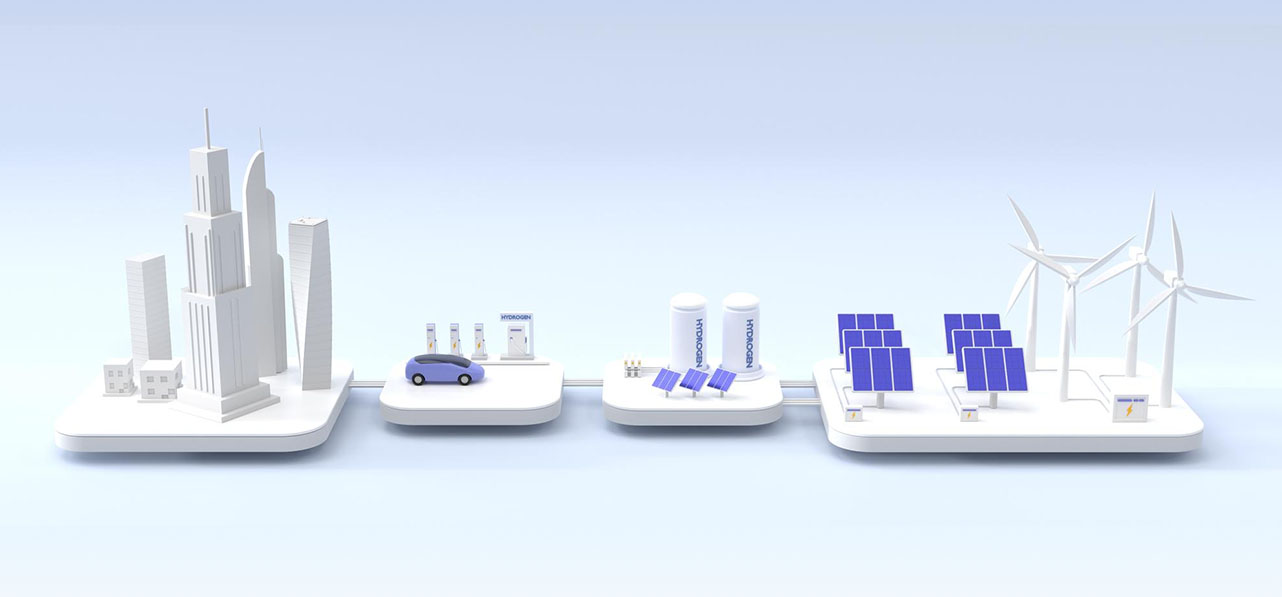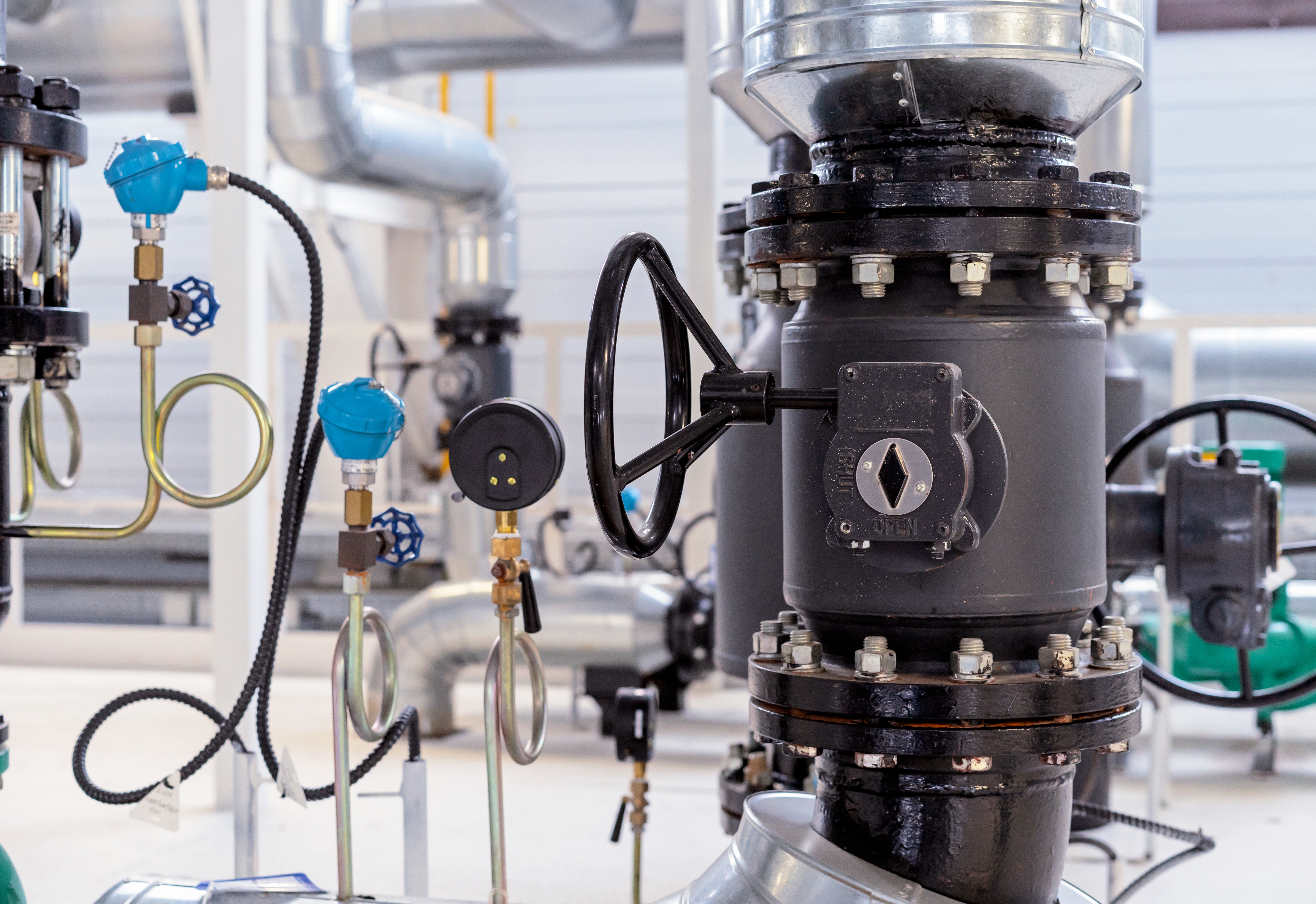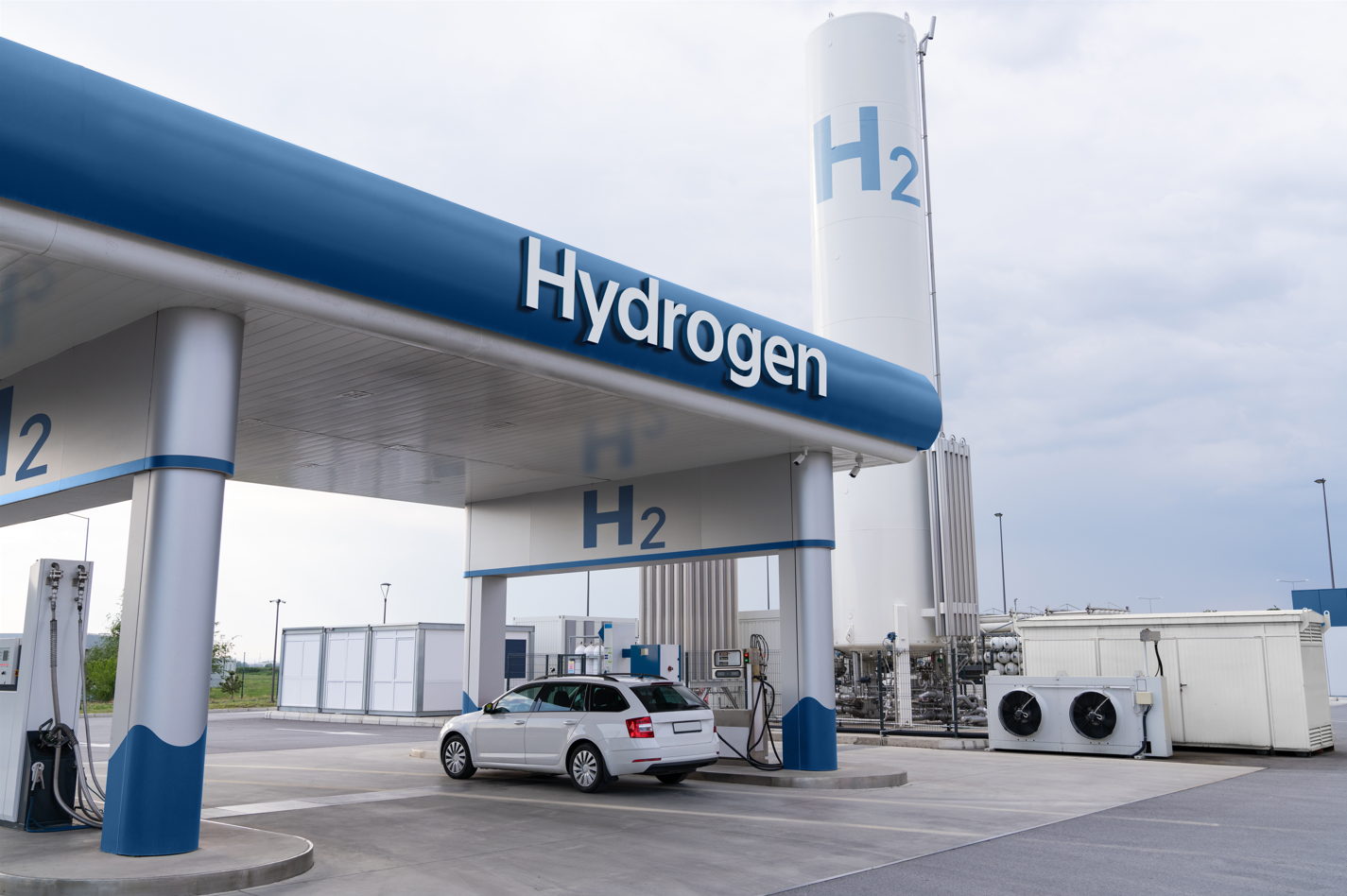Featured Articles
2022-06-27
The development of hydrogen energy application market and ecological chain as an inevitable supporting policy
 Hydrogen can be used in a broad range, such us transportation, commercial, industrial, residential, and portable.
Hydrogen can be used in a broad range, such us transportation, commercial, industrial, residential, and portable.When the development of hydrogen energy has become a national strategic policy, it is to gradually reduce the dependence on traditional energy, especially the fossil fuels that have been reliant on the most carbon-rich fossil fuels for a century, and it will not be easy to replace them. Only with hydrogen fuel production, it is still difficult to generate benefits, and there must be relative supporting measures, such as the ecological chain or industrial supply chain constructed by the development of infrastructure and applications. Like solar energy, wind power and other renewable energy sources, the initial development cost of hydrogen energy is high, and it must rely on government funding to improve market acceptance. The measures taken by the governments of major countries to stimulate the establishment of the hydrogen energy ecological chain are similar, but with different national conditions and industrial structures, the focus and time schedule are different.
Taking Japan, which has invested the most in the development of hydrogen energy and has the earliest planning, as an example, the Ministry of Economy, Trade and Industry revised the hydrogen fuel cell strategic roadmap in 2017 in the spring of 2019. Originally, the utilization of hydrogen energy vehicles and power generation was planned. The new version adds projects to promote the utilization of hydrogen energy in industrial fields such as iron making, petroleum refining, and petrochemicals, expanding the scope to industrial fields and promoting energy low carbon structure. In response to the previous difficulties in promoting hydrogen energy vehicles, the new version of the strategy aims to achieve sufficient price competitiveness for hydrogen vehicles and hybrid electric vehicles (HV) of the same level. It is expected that the price difference will be reduced to Japanese Yen 700,000 in 2025. To further reduce the price of fuel cells and hydrogen storage devices, to diversify the types of hydrogen vehicles, and to be used in Minivans and SUV, attracting more consumers' attention to create larger economies of scale.
Although the hydrogen energy policies vary from country to country, in addition to the production of hydrogen fuel, there is no doubt that encouraging the use and even the development of hydrogen vehicles is the most important project, and supporting measures for hydrogen refueling stations and their infrastructure are also necessary. South Korea, which focuses on the production efficiency of hydrogen energy vehicles, has an ambitious plan to produce 6.2 million hydrogen energy vehicles by 2040; it also plans to build at least one hydrogen charging station in each of 226 cities, counties and regions by 2025. And by 2040, hydrogen charging stations can be found within 15 minutes nationwide. The Ministry of Oceans and Fisheries will build 14 hydrogen ports by 2040, so that marine green hydrogen energy accounts for 10% of the domestic green hydrogen supply. China's plan for hydrogen vehicles in 2021, there are about 8,938 hydrogen vehicles in China, and it is expected to grow to 50,000 in 2025.
California, an indicator of the U.S. drive for green energy and safety in cars, has set a 2035 phasing out of the sale of gasoline-powered vehicles. The policy forced the California Energy Commission to approve a three-year, $1.4 billion lithium-electric vehicle charging and hydrogen refueling plan in November 2021, one of the necessary steps in the package.
References
- Department for Business, Energy & Industrial Strategy, United Kingdom, 2021-08-17, Policy paper: UK hydrogen strategy
- Federal Ministry for Economic Affairs and Climate Action Germany, 2020-06-10, The Natural Hydrogen Strategy
- C enter for Strategic and International Studies, 2022-03-28, Jane Nakano, China Unveils its First Long-Term Hydrogen Plan
- 2021-10-12, Macron pushes nuclear, hydrogen power in €30 billion plan to reverse industrial decline
- Nature Gas Intelligence, 2022-03-08, Morgan Evans, Four Rocky Mountain States Proposing Regional Hydrogen Hub
- Ministry of Economy, Trade and Industry, Japan, 2019-09-18, Strategy for Developing Hydrogen and Fuel-Cell Technologies Formulated



